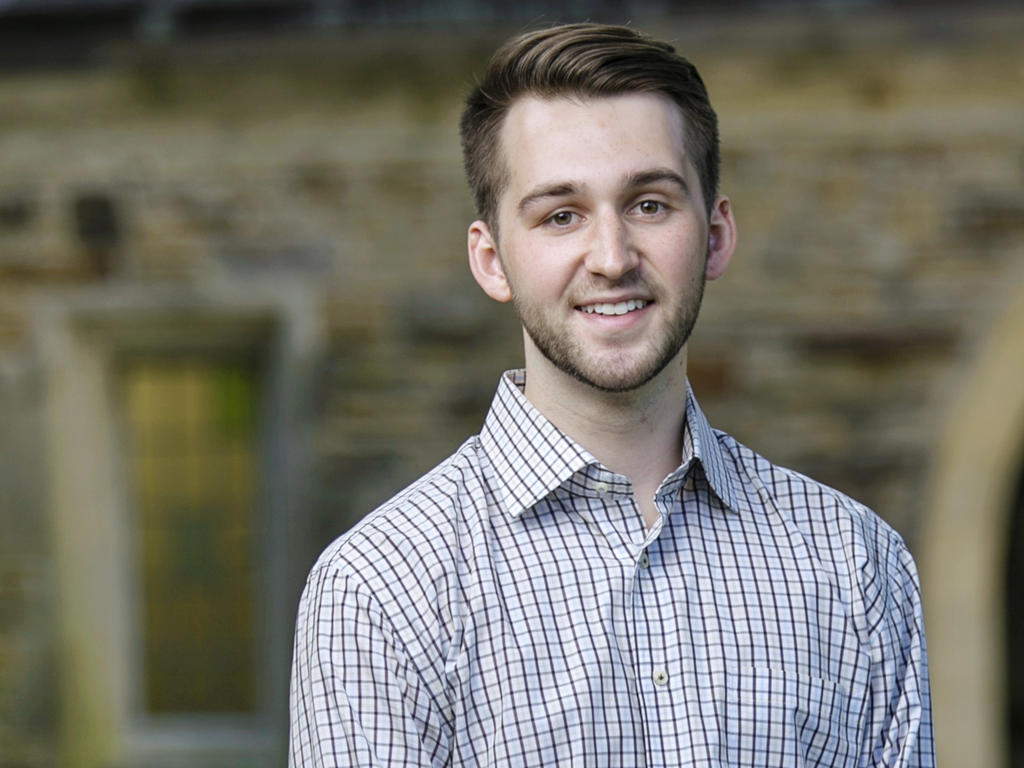This past summer, senior Sam Hilley worked as an intern for the Solar Foundation in Washington, D.C., a nonprofit, nonpartisan organization dedicated to increasing solar energy use throughout the United States. The Solar Foundation works on projects with manufacturers, installers, researchers, and the government to explore and enhance solar energy. Hilley worked with a new and developing program at the foundation called SolSmart.
SolSmart is funded by the U.S. Department of Energy’s Sunshot Initiative, and is designed to help local governments become more solar friendly. Hilley explains, “We were providing technical assistance to local governments and municipalities, such as Shelby County and Memphis, across the country. We provided outreach to the governments to try and convince them to join the SolSmart program. After we made contact, we would serve as a liaison, answering any questions they had about the program and helping them fill out their applications.”
For Hilley, being able to work for a nonprofit in the middle of D.C. was a surreal experience. “I worked right on 14th street, and every day I walked by the White House on my way to the office.” Hilley applied last spring to The Fund for American Studies (TFAS) program, which helped him find the Solar Foundation internship. As part of the TFAS program, he took classes over the summer at George Mason University and was able to attend lectures from professionals at site-briefings, including from State Department officials, Senators Rand Paul and John McCain, and others.
At SolSmart, Hilley worked with a group of three other 20-somethings to brainstorm plans for how to approach communities and entice them to join the program. “I was doing a lot of research while I was there. I would look into the state the municipality was in, check out the state policies and laws in terms of permits and inspections, and overall look to see how we could streamline the process of installing solar for these cities,” explains Hilley. “I would look up state, county, and city taxes as well as liabilities, and compile all of my data into a program that would compute how much solar power they could harness, how much it would cost, and how much money and carbon dioxide emissions it could save them.” With this information, the group was able to run simulations and determine the overall cost of each kilowatt. They would then create a unique and tailored booklet of information to present to the various communities.
As an international studies-political science bridge major and environmental studies double major with an interest in energy and environmental policy, this internship bridged Hilley’s passions perfectly. “I was interested in policy, especially at the international level, so while this firm was mostly involved in domestic action, it helped to introduce me to energy policy. To me, local policy is international policy anyway, because domestic policy by necessity shapes international policy. I now know about policies of solar energy in nearly every state, the economics of installation and location, and the rapid and exponential growth of solar energy.”
Following this internship, Hilley is looking past graduation and hoping he can return to Washington, D.C., for work similar to that of the Solar Foundation. Eventually he hopes to attend graduate school to learn more about international studies, specifically how climate change affects and changes U.S. international policy.
By Sam Clark ’17
